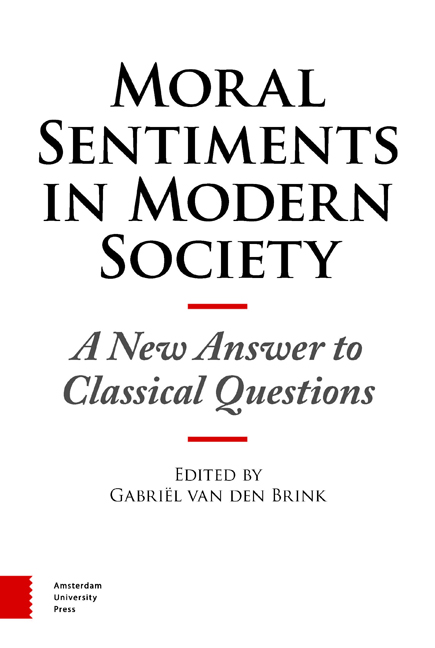Book contents
7 - The Role of Ideals in Professional Life
Published online by Cambridge University Press: 02 February 2021
Summary
In this chapter we investigate how moral values and other ideals assert themselves in the modern workplace. The relevance of this question is not self-evident. For a very long time, it was thought that performing work and realising one's ideals were mutually exclusive. Philosophers such as Plato or Aristotle were greatly interested in moral values but did not believe that one could strive after them in one's work. In general, some members of society could practice moral values because others worked for them. This dichotomy continued to exist until well into the modern era. It also underlies the thinking of Karl Marx, who contrasted the ‘realm of necessity’ with the ‘realm of freedom’. The first term refers to a situation in which people work because they are forced to, and the second to a situation in which they work in order to realise their essence. There is disagreement as to whether Marx considered this a fundamental antithesis. He himself believed that people could not arrive at the realm of freedom as long as a capitalist economy existed. In the decades that followed, there emerged different answers to the question of how we should think about the relationship between the two realms. Some thinkers believed a revolution was necessary: a situation in which people could realise their essence through their work could only be brought about once capitalism was replaced by a new society. Other thinkers favoured reform: if work could be reduced to a few hours per day, then one could realise one's essence in the time that was freed up. Still others believed that performing one's work and upholding one's ideals could go together in theory, but then only for a small portion of the population. In any event, the idea that large groups of people could genuinely pursue certain ideals in their work remained implausible.
This began to change three to four decades ago. The idea gained ground that practicing one's profession and taking one's ideals seriously were not mutually exclusive – not even in a society that remained capitalist.
- Type
- Chapter
- Information
- Moral Sentiments in Modern SocietyA New Answer to Classical Questions, pp. 227 - 256Publisher: Amsterdam University PressPrint publication year: 2016



